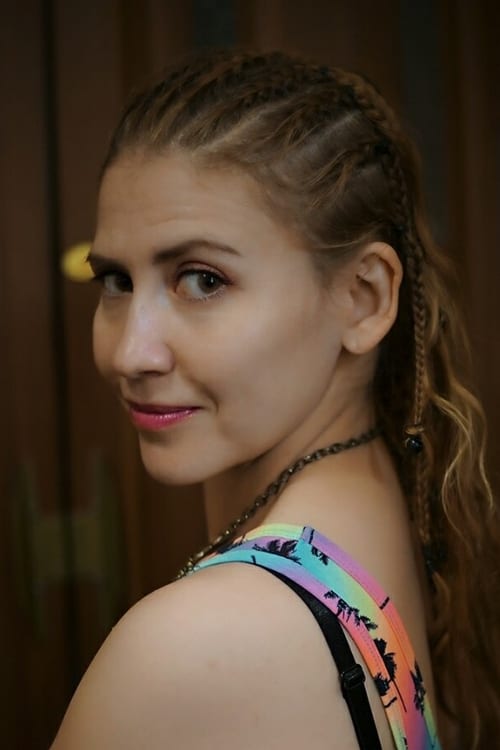La Trifulca III. Five Billion Dollar. A Trilogy (2019)
Trifulca Trillogy
Género : Documental
Tiempo de ejecución : 3M
Director : Arturo Pulido
Sinopsis
On the brink of social collapse, the city of Los Angeles California is full of protests in favor of immigrants and against deportations under the administration of Trump. On the border with Mexico, thousands of people try to cross every day.
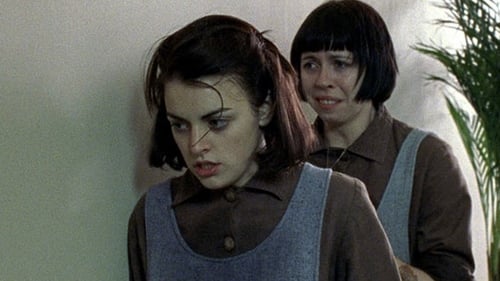
Los conventos de la Magdalena en Irlanda eran gestionados por las hermanas de la Misericordia en nombre de la Iglesia católica. Acogían a muchachas enviadas por sus familias o por los orfanatos, que allí quedaban encerradas y a las que se obligaba a trabajar en las lavanderías para expiar sus pecados. Dichos pecados eran de distinta naturaleza: desde ser madre soltera a ser demasiado bella o demasiado fea, o demasiado simple o demasiado inteligente, o víctima de una violación, y por tales pecados trabajaban sin percibir ninguna retribución, 364 días al año, y se las hacía pasar hambre, se las sometía a castigos físicos, humillaciones, violencia fisica y moral, y se las separaba de sus hijos.

A portrait of the hacking community. In an effort to challenge preconceived notions and media-driven stereotypes Hackers Are People Too lets hackers speak for themselves and introduce their community to the public.

A documentary on the expletive's origin, why it offends some people so deeply, and what can be gained from its use.
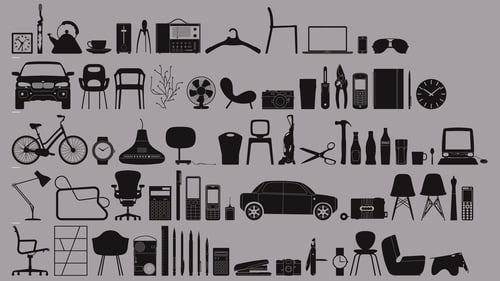
De los cepilllos de dientes a los gadgets más sofisticados, el diseño industrial está onmipresente en la vida cotidiana. Allí apunta 'Objectified', un documental que examina los objetos y el proceso creativo de quienes los hacen. (FILMAFFINITY)

Inspired by a true story, this drama is set in 1965, not long after passage of the Civil Rights Act. Despite the Act, the African-American citizens of Bogalusa are still treated like third-class citizens, their fundamental rights as human beings persistently trampled by the white power structure, in general, and the local branch of the KKK. The story follows the formation of local black men, particularly ex-war veterans who after the struggles become too overbearing organizes the group, "Deacons for defense", an all-black defense group dedicated to patrolling the black section of town and protecting its residents from the more violent aspects of "white backlash."

Journalist Fabian Burstein looks behind the curtains of the porn industry. Starting in Budapest he heads westwards to explore a new world on its victory march rooted deeply in Austria. On this journey he meets the heroes and leading actors of this story: Austrians Mick Blue, Renee Pornero and Thomas Janisch. Porno Unplugged follows its native porn stars to where their lives happen. From east to west...
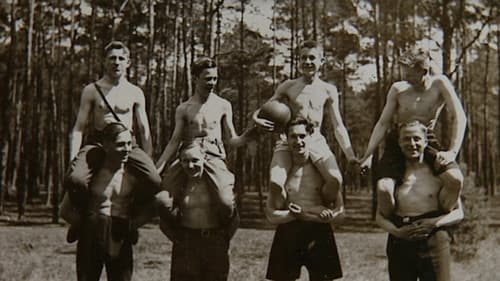
En los años 20, Berlín se había convertido en un paraíso homosexual, donde gays y lesbianas vivían relativamente al descubierto dentro de una subcultura de artistas e intelectuales. Con la llegada al poder de los Nazis, todo cambió. Entre 1933 y 1945 100.000 hombres fueron arrestados por ser homosexuales, bajo el cargo de sodomía, según el artículo 175 del Código Penal alemán de 1871. En 1997 los directores Robert Epstein y Jeffrey Friedman fueron a Amsterdam para la presentación de su película "El Celuloide Oculto". Allí conocieron al Doctor Klaus Müller, un historiador Alemán y Director del Proyecto Europeo del Museo Memorial del holocausto de los Estados Unidos, y se propusieron sacar esta historia oculta a la atención internacional. Narrada por Rupert Everett.
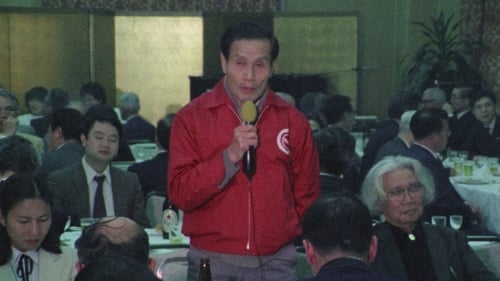
Kenzo Okuzaki, a 62-year-old veteran of the New Guinea campaign in World War II, sets out to conduct interviews with survivors and relatives to find the truth behind atrocities committed while the Japanese garrison was surrounded, in particular the unexplained killing of two Japanese privates in his unit.
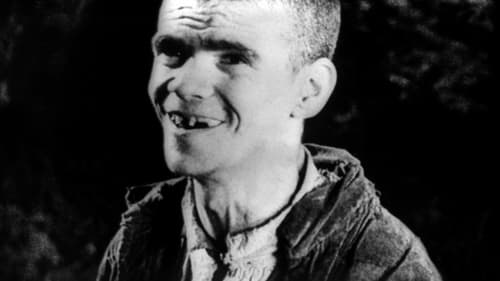
Cortometraje documental que hace un retrato de Las Hurdes (Cáceres), una de las regiones más pobres y menos desarrolladas de la España de 1932. La insalubridad, la miseria y la falta de oportunidades provocan la emigración de los jóvenes y la soledad de quienes se quedan en esta desolada región extremeña.

Set during the second Intifada, this documentary follows four Palestinian families living in Dheisheh Refugee Camp near Bethlehem. Fadi is 13 and cares for his 4 younger brothers, the Hammashes are a close-knit family who pass on the lessons of life with humor and passion, Sana is a single woman who endures long commutes to do community work, and Emad and Hanan are a young couple trying to shield their daughter from the harsh realities of the occupation. They talk about their past and discuss the future with humor, sorrow, frustration and hope. Until When paints an intimate in-depth portrait of Palestinian lives today.

WHO KILLED CHEA VICHEA? is a highly charged murder mystery, a political thriller, and a documentary like no other. In 2004, Cambodian union president Chea Vichea was assassinated in broad daylight at a newsstand in Phnom Penh. As international pressure mounted, two men were swiftly arrested and convicted of the crime, each sentenced to twenty years in prison. Filmmaker Bradley Cox’s five-year investigation reveals an elaborate cover-up that reaches the highest echelons of Cambodian society. Winner of a 2011 Peabody Award among many other honors and banned by the Cambodian government, WHO KILLED CHEA VICHEA? uncovers the face of dictatorship behind the mask of democracy.
![Montevideo Today [unpublished fragments]](/assets/images/no-backdrop.png)
Documentary about the political and social reality of Uruguay during the period of 1968-1970. This short is incomplete and composed of a series of fragments. The complete film was taken by the military dictatorship in Uruguay (1973-1985) and is now lost.

Filmed on the 60th anniversary of the republic, this dark-humor documentary delves on the highs and lows of living in North Korea.

Scott Mills travels to Uganda where the death penalty could soon be introduced for being gay. The gay Radio 1 DJ finds out what it's like to live in a society which persecutes people like him and meets those who are leading the hate campaign.

A documentary about the atrocities committed against the Hmong people by the Laos government. Shot by Hmong people with cameras provided to them in 2006, this film provides a unique look into one of the worst, and silent, human rights tragedies of the 21st century.
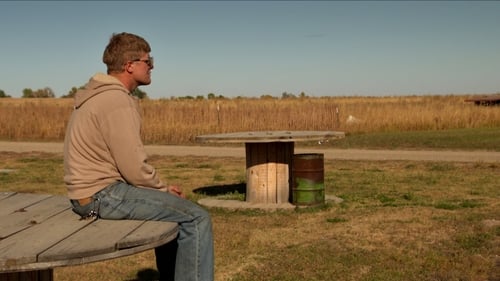
Desperate, broken men chase their dreams and run from their demons in the North Dakota oil fields. A local Pastor's decision to help them has extraordinary and unexpected consequences.

The life of a female weaver is thrown onto the socio-political canvas of pre-war and post-war communist Poland through the use of expressive allegorical and symbolic imagery in this imaginative take on the documentary form.
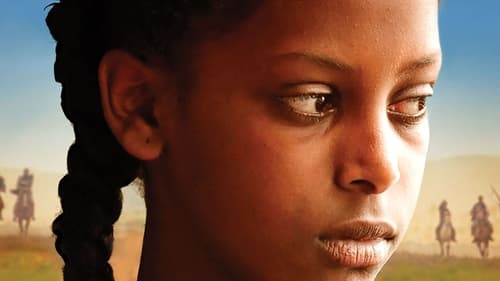
En Addis Abeba, la abogada Meaza Ashenafi ha creado una red de ayuda a mujeres y niños pobres que necesiten la ayuda de un letrado. Se enfrenta a un hostigamiento constante por parte de la Policía y del Gobierno. Aun así, se atreve a defender a Hirut, una chica de 14 años a la que secuestraron y violaron cuando regresaba del colegio y que consiguió matar a sus raptores antes de escapar. A pesar de haber actuado en defensa propia, Hirut puede ser condenada a la pena de muerte. (FILMAFFINITY)

Throughout the Islamic world, each year hundreds of women are shot, stabbed, strangled or burned to death by male relatives because they are thought to have “dishonoured” their families. They may have lost their virginity, refused an arranged marriage or left an abusive husband. Even if a woman is raped or merely the victim of gossip, she must pay the price. Crimes of Honour documents the terrible reality of femicide – the belief that a girl’s body is the property of the family, and any suggestion of sexual impropriety must be cleansed with her blood. We meet women in hiding from their families, a brother who describes his reasons for killing the sister he loved, and a handful of women who have committed themselves to the protection of young women in danger of losing their lives.


